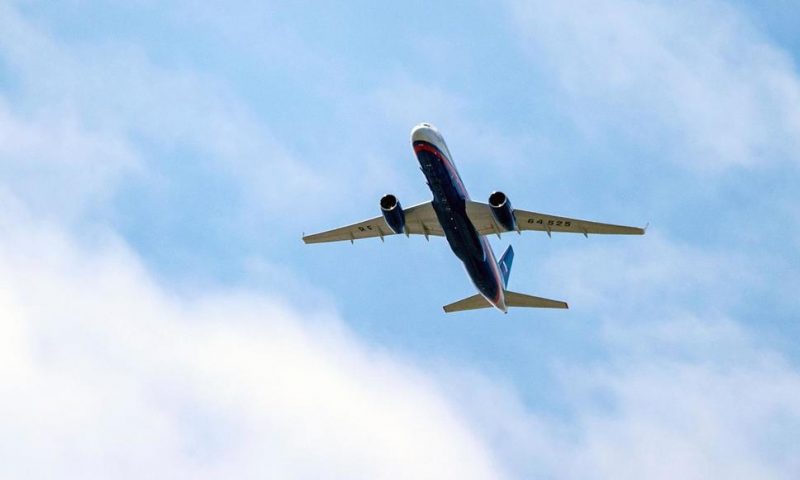The surprise decision comes as President Biden faces criticism for offering a high-profile summit with Vladimir Putin despite acts of aggression from Moscow.
The State Department confirmed Thursday that the Biden administration will not attempt to restart the Open Skies Treaty with Russia that President Donald Trump unilaterally quit, leaving only one remaining international treaty governing the two powers’ nuclear arsenals.
The Associated Press first reported the decision, which Deputy Secretary of State Wendy Sherman reportedly discussed with her Russian counterparts. The post-Cold War arrangement allowed for participating countries to conduct visits and surveillance flights over one another’s territory to collect some information about military capabilities.
“The United States regrets that the Treaty on Open Skies has been undermined by Russia’s violations,” a State Department spokesperson tells U.S. News on the condition of anonymity. “In concluding its review of the treaty, the United States therefore does not intend to seek to rejoin it, given Russia’s failure to take any actions to return to compliance.
“Further, Russia’s behavior, including its recent actions with respect to Ukraine, is not that of a partner committed to confidence-building,” the spokesperson said.
Russia’s Ministry of Foreign Affairs confirmed the news in a short statement to its state news service Tass: “We confirm.”
The move comes as President Joe Biden faces criticism for offering a high-profile summit with Russian President Vladimir Putin at a time of troubling acts of aggression from Moscow, including a widespread cyber hack into federal servers revealed last year known as SolarWinds and a series of provocative military buildups in recent weeks near Ukraine and other neighboring countries. The White House and Kremlin announced this week the meeting will take place on June 16.
The Russian legislature’s lower chamber had approved a measure to withdraw from the treaty following the surprise announcement from the Trump administration last year, though hopes remained in Moscow of potentially salvaging the deal under new leadership in the U.S. before formally withdrawing from it.
Trump in May 2020 suddenly quit or signaled his intent to end a series of nuclear treaties – including Open Skies – that govern Russian and U.S. nuclear arsenals with little explanation for why, beyond his stated disinterest in multilateral agreements and the reported influence of some of his more hawkish advisers. He put off efforts to renew the New START Treaty with Russia, which would have expired a week after Biden took office. The current administration negotiated an extension while both sides consider a permanent renewal.

